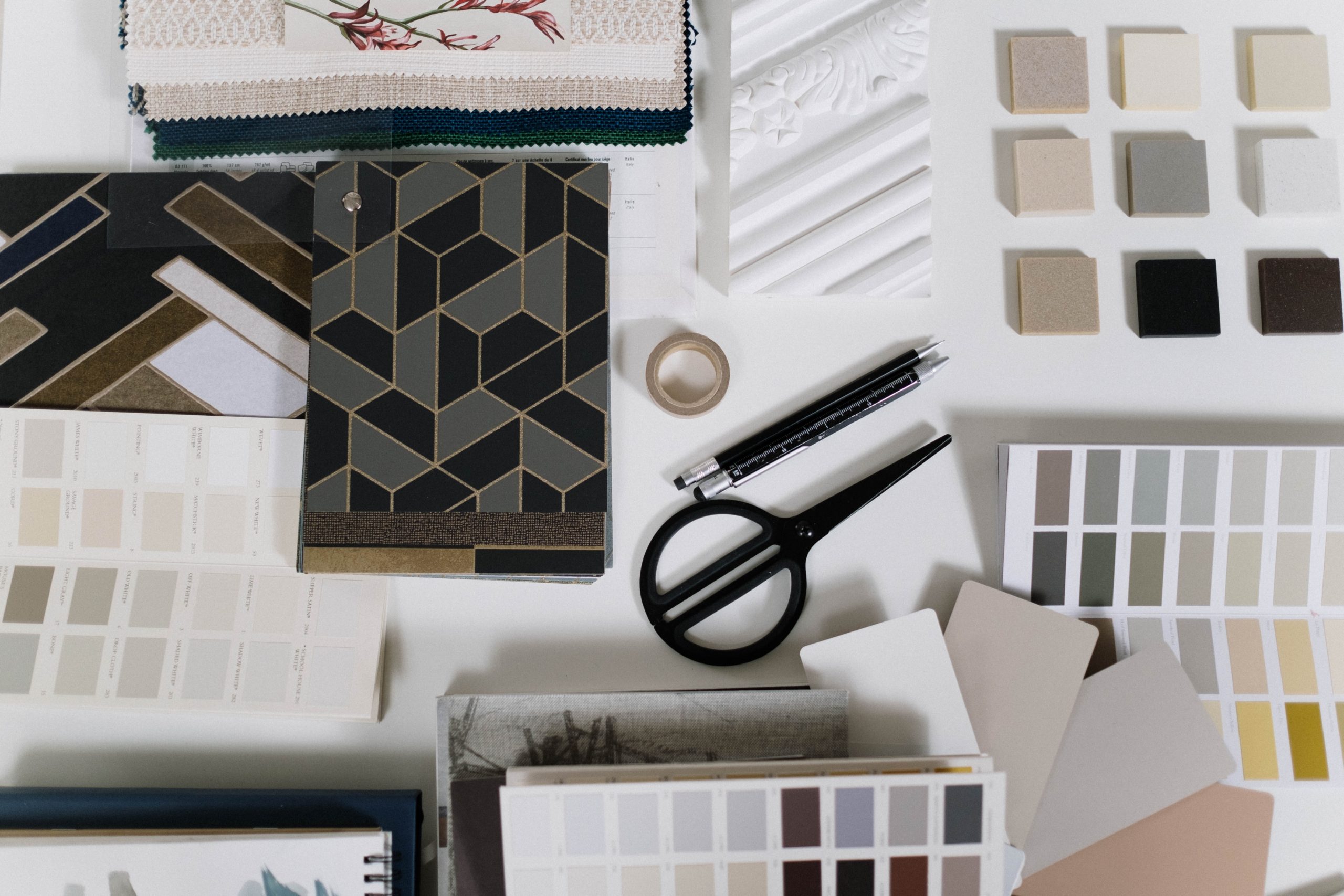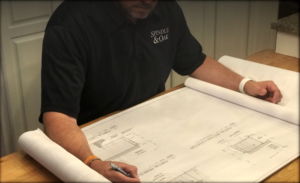Since we use a transparent allocations approach for our projects, we would love to answer some questions we have had in the past about the process. To kick us off, the first thing we should cover is the definition of allocations.
Allocations are akin to “Allowances” or “Budgets” for the individual items that need to be purchased to complete a project. Materials are broken down into line items that are outlined in phases. A fantastic example to use is tile. If you are replacing your tile floors in a bathroom, we would begin by talking about what type of finish you are looking for and determine the price point that best fits that level of finish. We then calculate the allocation amount for the tile and add it to the allocation spreadsheet. That spreadsheet is a shared document which is used throughout the entire process of the project. To continue the tile example, a typical allocation for bathroom tile could be around $5 per square foot.
Why is it important to have this transparency?
Whenever it is within our control, we focus on a “Stick to Budget /No surprises!” focus. We have all heard stories (or been on the receiving end) of a situation where someone goes all the way through a project and then receives a nasty bill at the end that they weren’t expecting. How in the world?? What went wrong?? What did I miss?? A transparent allocations approach can definitely be your friend as you have instant visibility to the project management side of things and can instantly see the changes to the plan if they occur. Did you find that dream tile on sale? Voila! The allocation comes down along with the price of the project. Did you decide to upgrade to the Level 5 granite countertops? Well, that allocation just adjusted and the price of the project may have gone up a bit. More times than not, the various allocations will ratchet up and down as needed as you find that perfect look and feel. The important thing is that you are not in the dark.
Why is it important to determine allocations up front?
Being prepared with a plan in mind and ordering all the allocation items early is critical in the current climate of supply chain issues. Locking in the supplies means locking in the pricing on the allocation sheet. The more you are able to secure, the less adjustments need to be made for the second-choice we end up getting when your dream tile is sold out or won’t be here until 2023. For the last year or so, we have been requiring our clients to have all/most of the allocations/finishes ordered, delivered, and staged on site before we start demo. This ensures that we are reducing the risk for a potential project delay. Yes, even in these days of appliances taking 5-6 months to be delivered, some contractors will still demo your kitchen first, and only then ask what finishes you want to use. Yikes.
Can I trust anyone who uses an allocation sheet?
Unfortunately, some contractors can use lowball figures on their allocation sheets to bring the bid in lower so they can close on the contract for the project. For example, they will assign a dollar value to the tile that is incredibly low and not reasonable for the level of quality the client has expressed a desire to purchase. Then, once the contract is signed and materials are being purchased… boom. The price bumps up to the more accurate level, and so does the total cost of the project. Sad, but true. This is one more reason it’s best to have an idea in mind of the level of quality of the materials you would like to use for your project. We love to help our clients create Pinterest boards or Houzz Ideabooks, which helps them convey to our designers their look/feel and level of finishes. Then we can build our allocation sheet accurately with an estimate for each material that is realistic.
At the end of the day, using a transparent allocations approach can be a really great method for creating both transparency in the process of a project and realistic project costs. The important thing is to be working with a contractor who is using the method correctly and making sure that the finishes and fixtures are a discussion you have at the very start so you can truly have “no surprises”!




